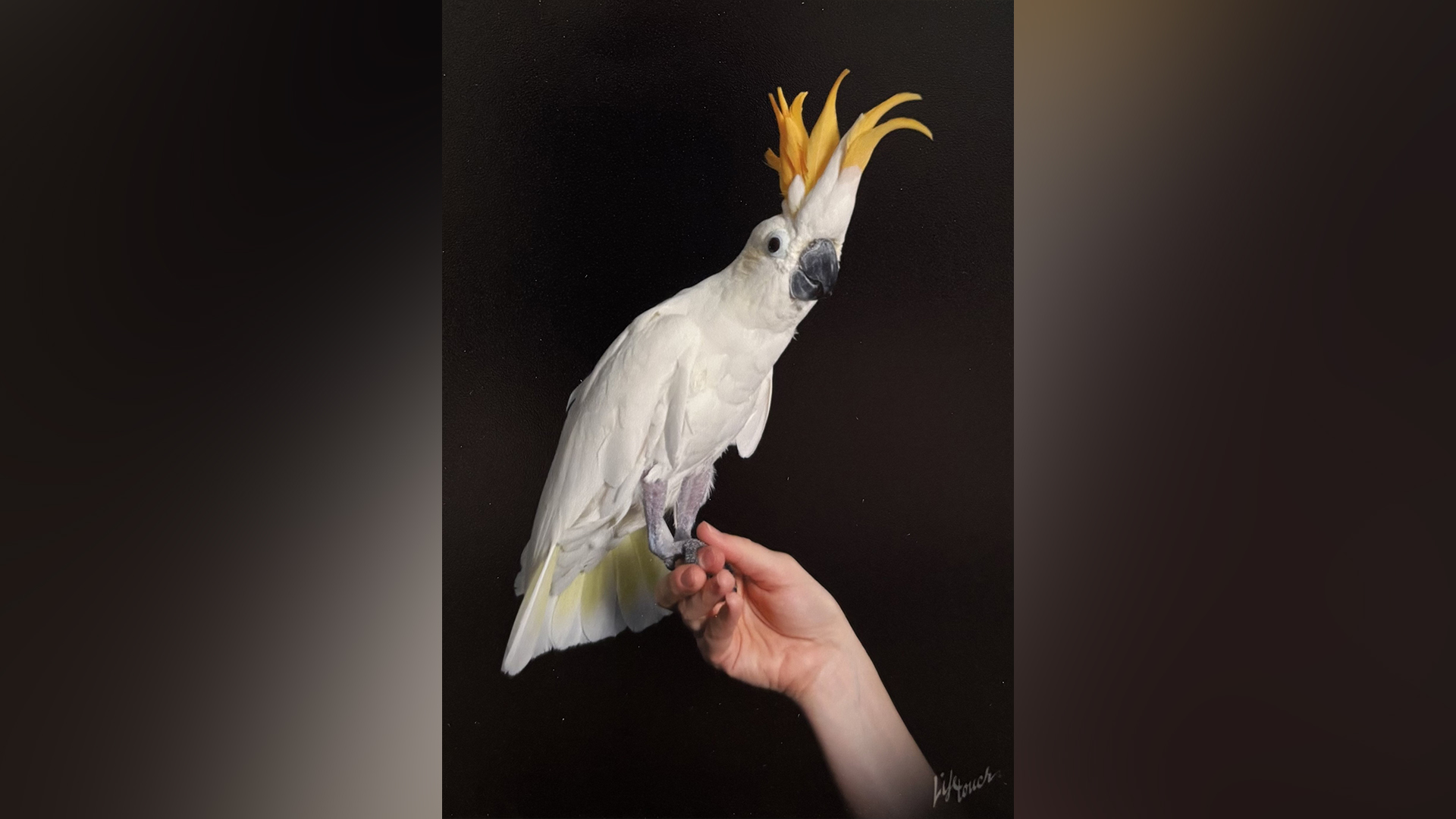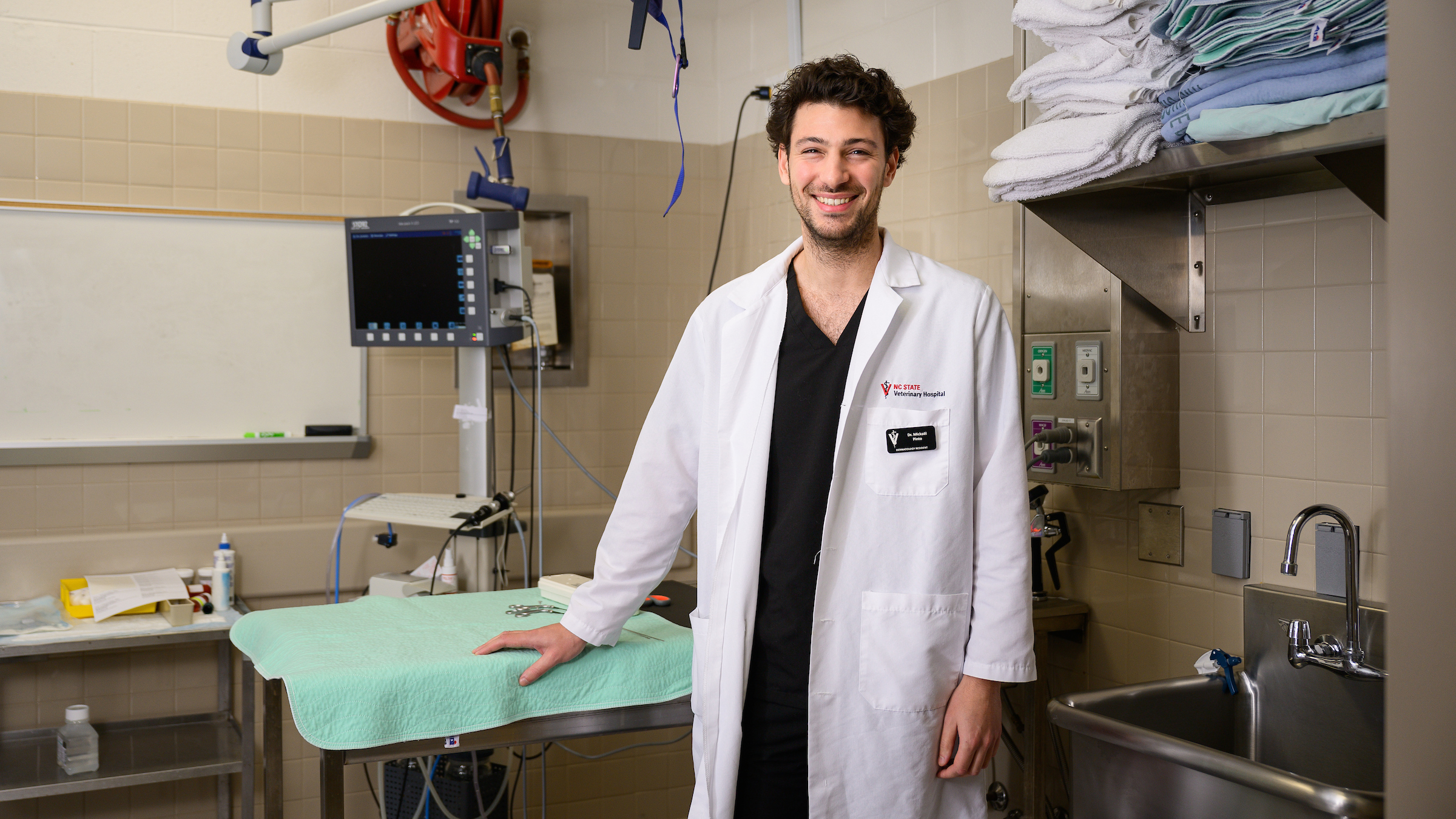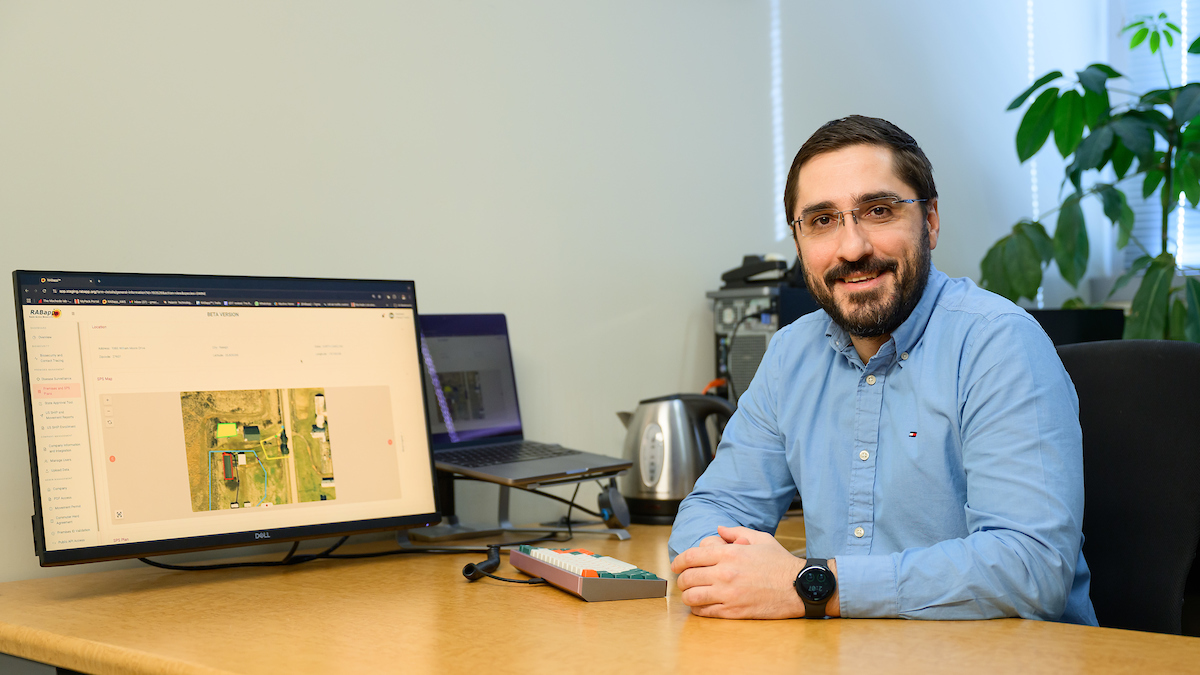Research Profile: Dr. Ghashghaei

Dr. Troy Ghashghaei, assistant professor of neurobiology, is a neuroscientist in the Department of Molecular and Biomedical Sciences at NC State University’s College of Veterinary Medicine and a member of the NC State Center for Comparative Medicine and Translational Research.
Dr. Ghashghaei’s team focuses on discovering genes connected to new brain cell production, and identifying novel therapeutic approaches that utilize transplantation of neural stem cells and pharmaco-genetic methods to control neuronal activity in the diseased or damaged brain.
THE ISSUE. Central nervous system (CNS) disorders affect 50 million Americans and cost the U.S. more than $400 billion annually. Morbidity associated with these disorders is due largely to the inability of the CNS to replace damaged, diseased, or aging tissue. In veterinary medicine, seizures account for a substantial number of neurological cases and uncontrollable behaviors, such as severe aggression, account for numerous veterinary behavior cases. The common neuronal basis of these CNS problems in pets and people is a perfect ground for “One Medicine” research and the goal of discovering novel treatment strategies.
THE PROGRAM. The majority of neurological problems will benefit from development of cell-based therapies and two such approaches are being studied in the Ghashghaei lab. One uses stem cells to integrate new cells into injured or diseased sites of the brain by developing methods to transplant embryonic or reprogrammed neural stem cells to treat seizure conditions. The second seeks to develop pharmaco-genetic tools to modulate neuronal excitability in behaviorally deficient animals.
THE NEED. “We are excited to be in a position to develop novel strategies that will help companion animal and human patients suffering from neurological diseases or injuries,” says Dr. Ghashghaei. “There is a great need for additional basic and veterinary researchers and increased financial support to ensure continued progress on this ‘One Medicine’ front that bridges basic science, discovery, and translational research to benefit animal and human neurological health.”
THE OPPORTUNITY: To find out more about Dr. Ghashghaei’s research and how you can support this undertaking and other important CVM endeavors, contact The North Carolina Veterinary Medical Foundation at 919.513.6660 or www.cvm.ncsu.edu/ncvmf
Posted Jan. 18, 2012


